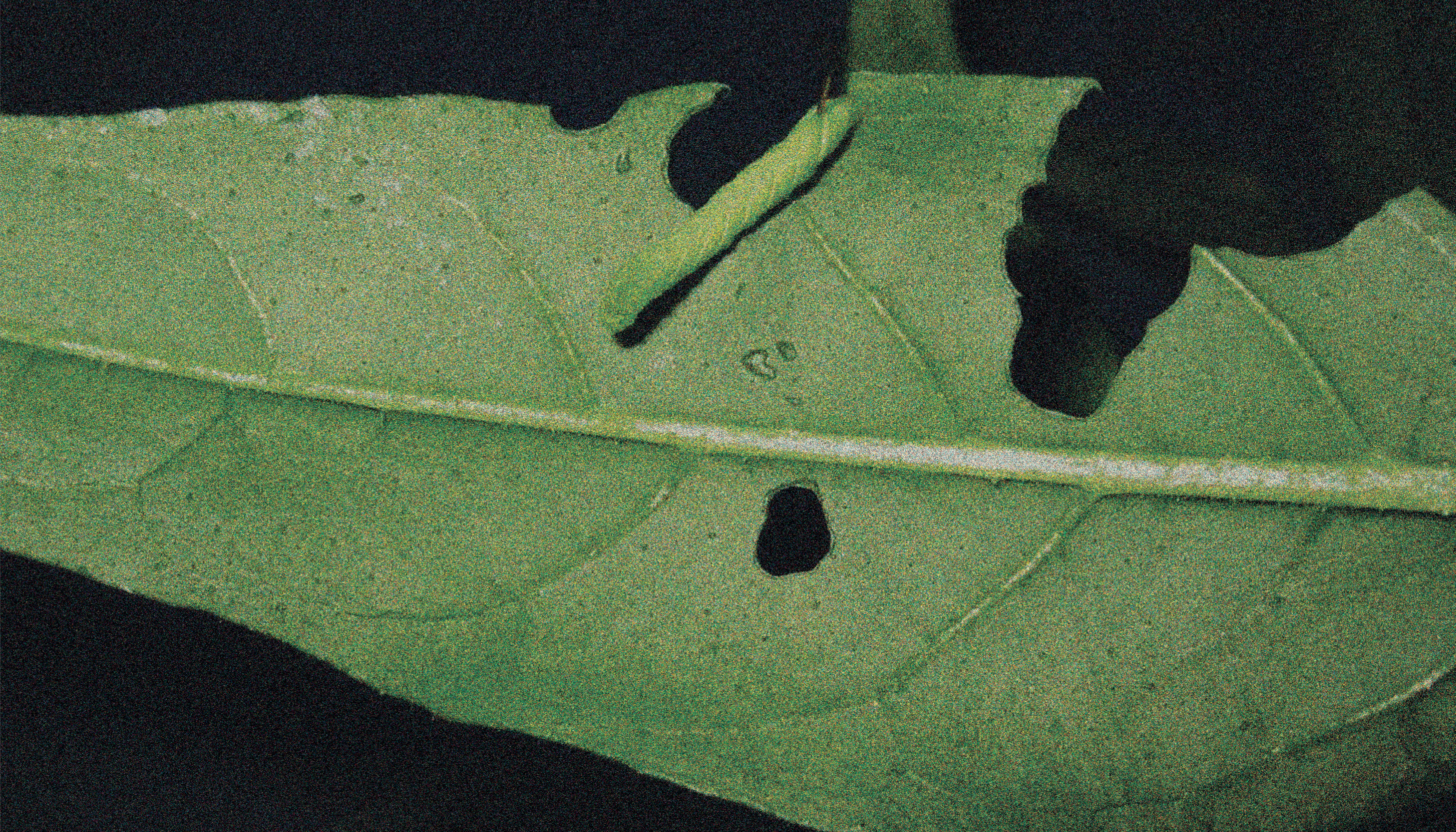Plants are capable of producing a much greater diversity of metabolites than any other biological kingdom – but why is this? Scientists believe evolutionary pressures from herbivorous insects are at the root of this chemical diversity, but there are conflicting theories on how this happens.
There are two main schools of thought: either plants alter their metabolome to produce a more effective and targeted defense against attackers, or the changes in metabolism are random, leaving insects unable to adapt. Until now, testing these contradictory theories has relied on a narrow set of well-defined plant metabolites – or “defense compounds.” But modern MS metabolomics is changing the game.

“You can now collect data on as many detected metabolites as you wish without existing knowledge,” says Dapeng Li, first author of the study. Their approach combines MS/MS-based metabolomics with statistical principles derived from information theory for data evaluation. This allowed unbiased, global acquisition of small molecules from Nicotiana attenuata plant samples. Furthermore, metabolic patterns can be visualized holistically, rather than focusing too heavily on individual metabolites and pathways. “In short, we can now see the ‘forest’ of metabolism without being lost in the metabolic ‘trees,’” says Ian Baldwin, one of the lead authors.
Their results reveal that plants regulate their metabolism in a directional manner to launch a highly-specific defense after insect attack. Plant hormone levels dictate the directionality of the plant’s response.
Their study opens the door to future research possibilities: “The power of our approach lies in its ability to compare patterns within and among plant species to examine how herbivory has shaped plant metabolism on the evolutionary scale,” says Emmanuel Gaquerel, one of the study leaders. Future research will explore how circadian and diurnal patterns influence metabolism – a fundamental problem for sunlight-dependent plants.
References
- Dapeng Li et al., Science Advances, 6 (2020). DOI: 10.1126/sciadv.aaz0381




